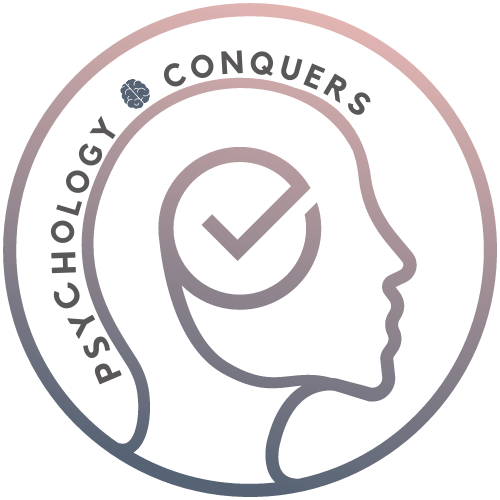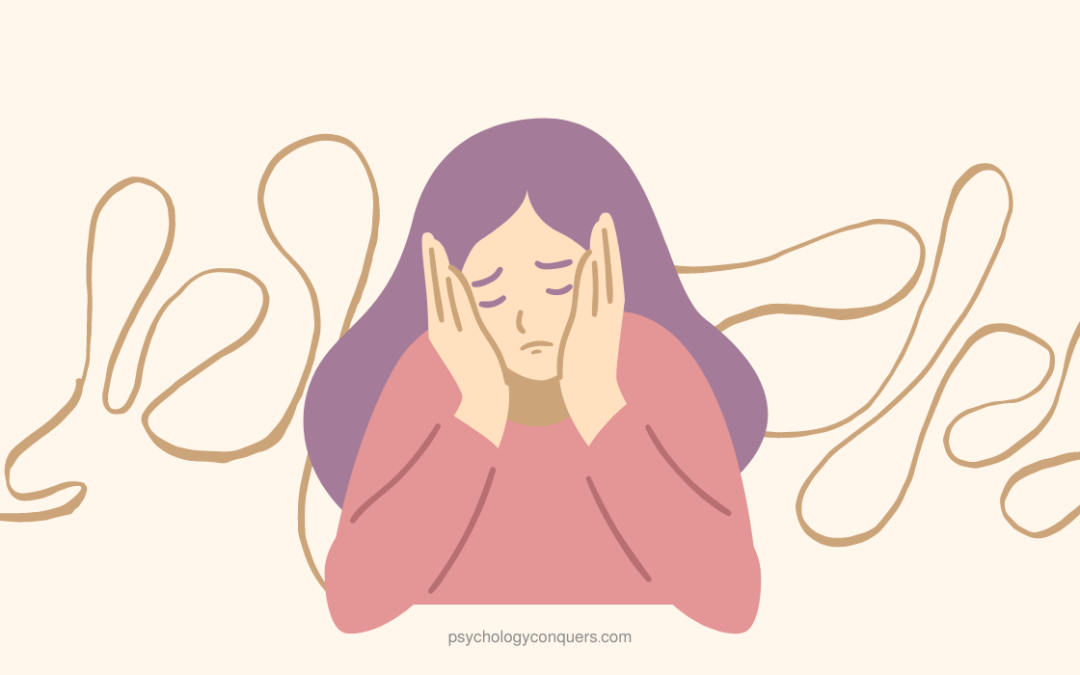What’s A People -Pleaser?
Seeking approval from people may not be a severe mental health condition, but can be a habit that influences the way you act and think. This means pleasing the people around you to the point where it’s hard for you to set boundaries. People-pleasers tend to seek external validation to feel approved, accepted, validated, and good enough. People-pleasing could be rooted in a lack of self-esteem. They would try their very best to make others happy at their own expense most of the time.
Is people-pleasing rooted in childhood?
There might be many reasons you please the people around you, but one of the root causes could be the absence of validation when you were a child.
That was true for me. I grew up with a very hard-working dad. He is an excellent provider. However, I would remember that I would always get remarks from him “to be better,” whether that’s simply from doing household chores or driving or a career in general. He would always say something that would make me feel like what I was doing wasn’t good enough.
I know it wasn’t his intention to put me down. But I would only receive validation from him when doing something for other people. He would always ask me to be “extra kinder” and “extra accommodating” towards. And so the childhood version of me had that wiring that says “I’m not good enough” and “I should put others before me, so I get valued.”
These two statements are so unhealthy that I didn’t realize how much they affected me. Although it was not the exact statement I heard from my father, it affected me to think that I have to please people to get love. It affected my self-worth and the way I see myself.
Present effects
From these childhood experiences, as I’ve mentioned, I had low self-worth. I would please people around me. Not specifically everyone, but those who are in authority like leaders or people I look up to.
In general, I had that fear that if I didn’t do or go out of my way every time someone asks something from me, eventually they would love me less. It became a label I put on myself that I’m less worthy IF “I’m NOT doing anything for the person.”
Here are some common behaviors or attitudes a people-pleaser shows:
- Saying sorry all the time. Often, you tend to apologize and blame yourself when things didn’t go well, even though you don’t have control over everything. Or you just simply say sorry all the time.
- Not putting healthy boundaries. It’s hard for you to say no and even speak up for yourself. I wrote another article here about how you can set healthy parameters between yourself and others.
- You don’t want people to get mad at you. When someone is displeased with you, you feel very uncomfortable.
- Hearing praises from people is so important to you. External validation is like fuel, and you’ll do anything to get that.
- You do what others are doing even if you don’t like it. This happens out of pressure or because you want to feel you belong or part of a certain group or circle.
- Your decisions are based on what others will tell you rather than what you want. Most of the time, this happens when there’s a significant figure in your life whose authority you value. This could be your father, mother, siblings, or significant other. Because there’s satisfaction when you get their approval, you are more likely to let them dictate some big decisions in your life. You would listen to them rather than your instinct most of the time.
- You avoid confrontations and conflicts. This is a bit of an exaggeration, but it’s like you’re allergic to having conflicts with people. You would feel uneasy admitting what you felt. It could also be you’re afraid that someone will tell you unpleasant things, even though you didn’t do anything wrong.
- People’s opinion matters to you. A lot. When it comes to doing things outside of your comfort zone, what people will tell you afterward is what keeps replaying in your head. Their voice weighs more than your own opinion of yourself.
- Low Self-Worth or Self-Esteem: You only think you are worthy or valuable when you hear it from someone else rather than from yourself.
What to do when you’re a people pleaser
- Recognize: Self-awareness is always the key. If you are not aware that you have people-pleasing attitudes, then you will not see any point to change. But if there’s anything here that resonated with you and you and can relate with, you’re probably a people-pleaser too. Now is the time to stop letting your past dictate your present and future. Recognize those unhealthy habits and start changing them.
- Forgive and move on: If a significant person from your childhood disapproved of you, make peace with that part of your life. Backtrack and set a time for yourself. You don’t necessarily have to see and tell them. Most of the time, these people have unintentionally hurt you because of their own wiring. So what you can do is to choose to forgive them and stop letting those experiences limit you.
- Seek for help: Seeking help is not a weakness. You might ask help from a therapist if issues needed to be dived deeper. Help can also look like asking support from friends for accountability.
- Reprogram your mind: Reprogramming your mind is work. It’s not easy, but not impossible because of neuroplasticity (You can read more about this here).
- Debunking negative thought pattern: Sit in a quiet place and try to think of a recent situation where you were obliged to say yes. Ask yourself, “why.” When you try to dissect your answers, you will see that this is because of some childhood pattern that had helped you cope when you were a child. Not all thinking patterns are still applicable as an adult.
- Be curious about the emotional pattern that comes with it: After doing that, try to see the emotions that go with it. How do you feel it in your body? Try to be aware as much as you can and don’t judge those feelings. Let them come. Recognizing the emotion now would help you when the same situation happens again.
- Use affirmations. What you focus on grows. If you’ll let yourself focus on the negative voice in your head, that would only do more harm than good. You have a choice to put the right thoughts in your head.
- Don’t run the race intentionally: Pleasing the people around you is like a race or marathon that’s never-ending. It might not even have a finish line. Some people in your life would see the mistakes you made, or they tend to see what’s not working all the time. Whatever their intentions are, make a conscious decision to get out from that race emotionally and mentally. Ask yourself if I please this person, what good will it do to me?
A note from a People-Pleaser (no more)
I want to end this with a simple message from someone who has been a people-pleaser for years – me.
I want you to know that I understand you, that I get you. Sometimes, people’s praises could be blinding and could be a way for you to shape your identity. But, these people, they are not you. They don’t know the totality of your personality, of your character, or what you’ve gone through.
I want you to know that you are strong and beautiful, and you don’t need to have other people’s opinions to validate that. Do you know why I know? Because most people in our lives are temporary or just there for a season. Receiving affirmations from them is excellent, but only for a moment. In my case, the person I wanted to receive validation the most is from my dad. But I had to wake up and realize that he’s just isn’t the person who’s expressive or showy when it comes to these kinds of things. I know he loves me. But not just the way I wanted him to.
What if you can receive affirmations every day? Wouldn’t you choose that instead?
If you’re wondering who might give that to you, the answer is YOU. I know it might sound narcissistic, but it’s not. There is a healthy way of loving yourself, and you don’t have to be selfish about it at all.
You can ask for people’s opinions around you from time to time. There’s also wisdom in that. But never let people’s opinions take away your identity. Never let people’s approval change who you are.
Trust your instinct. You’ll know what to do. You know who you are. And if you don’t then that’s great. You’re in a journey of discovering who you are, without other people’s opinion of you. I believe you have the courage and strength to trust, believe and be confident in yourself. Just dive deeper.

